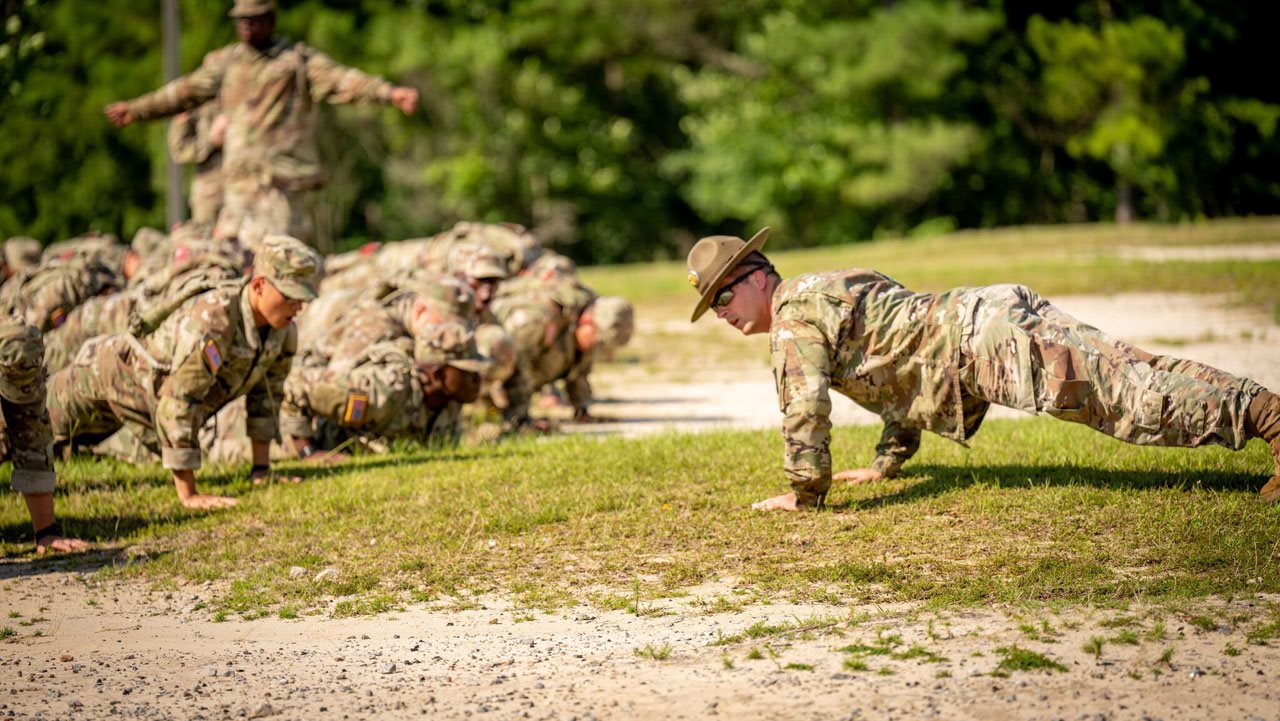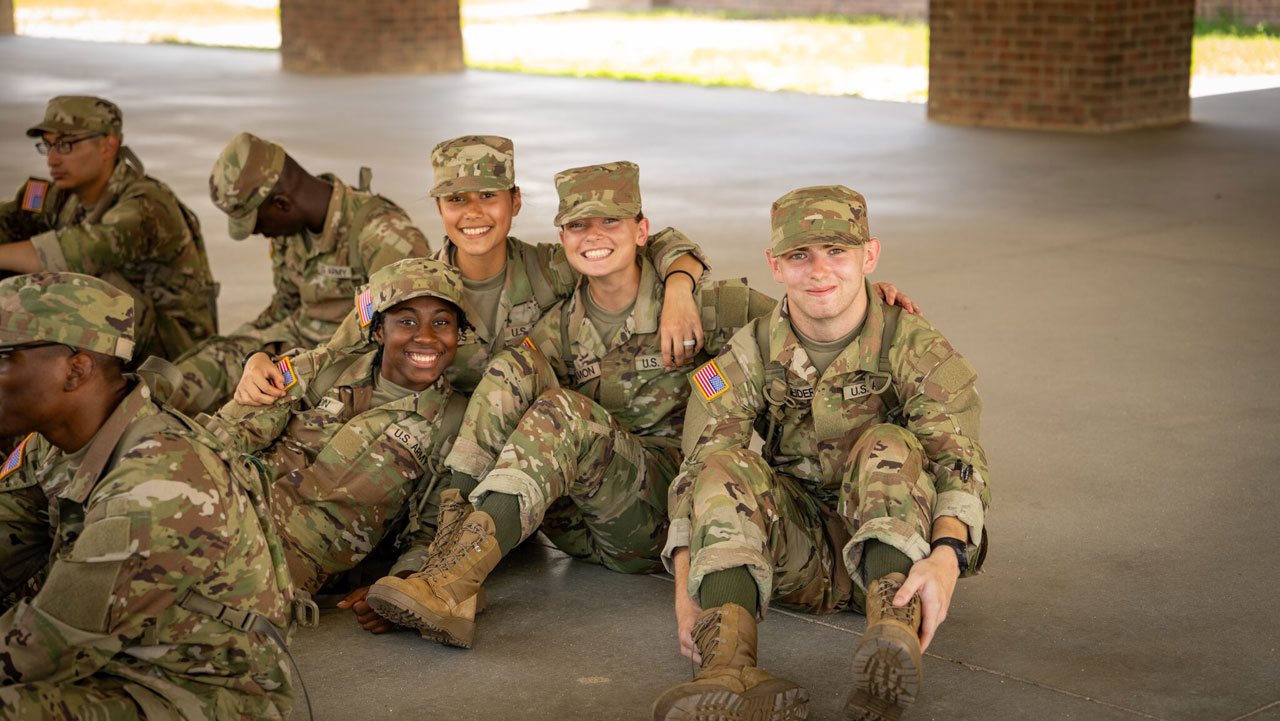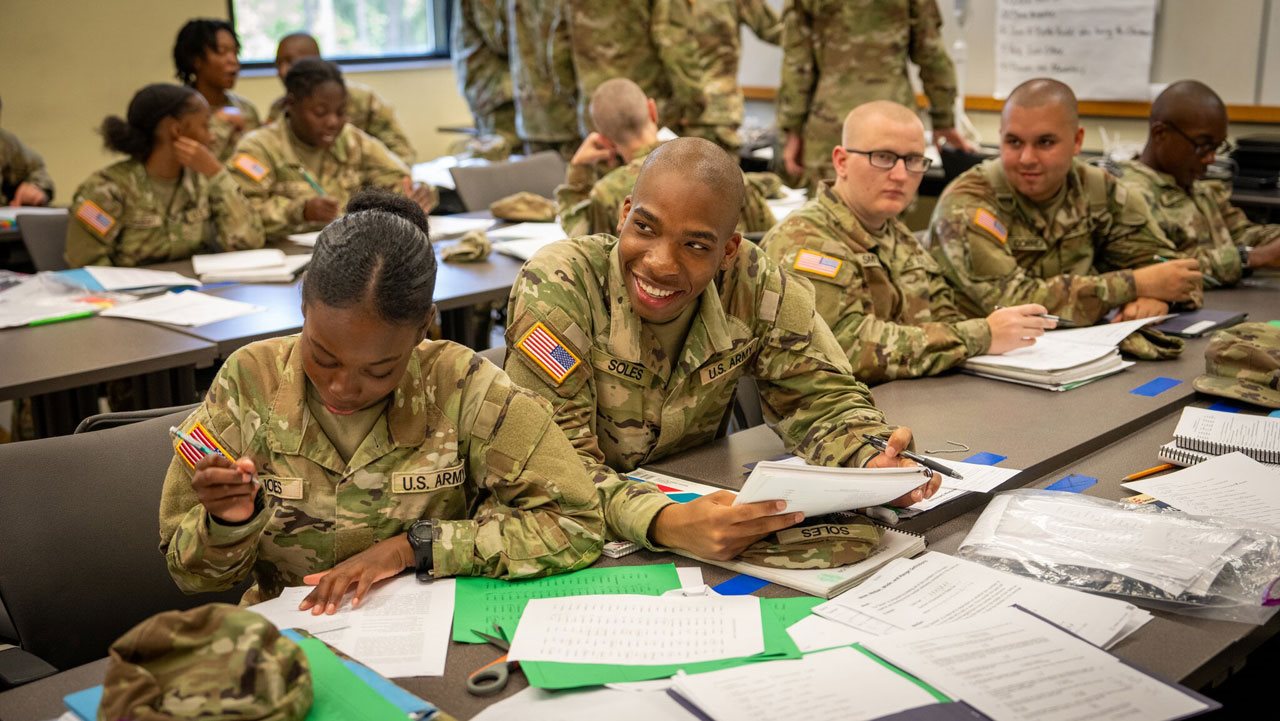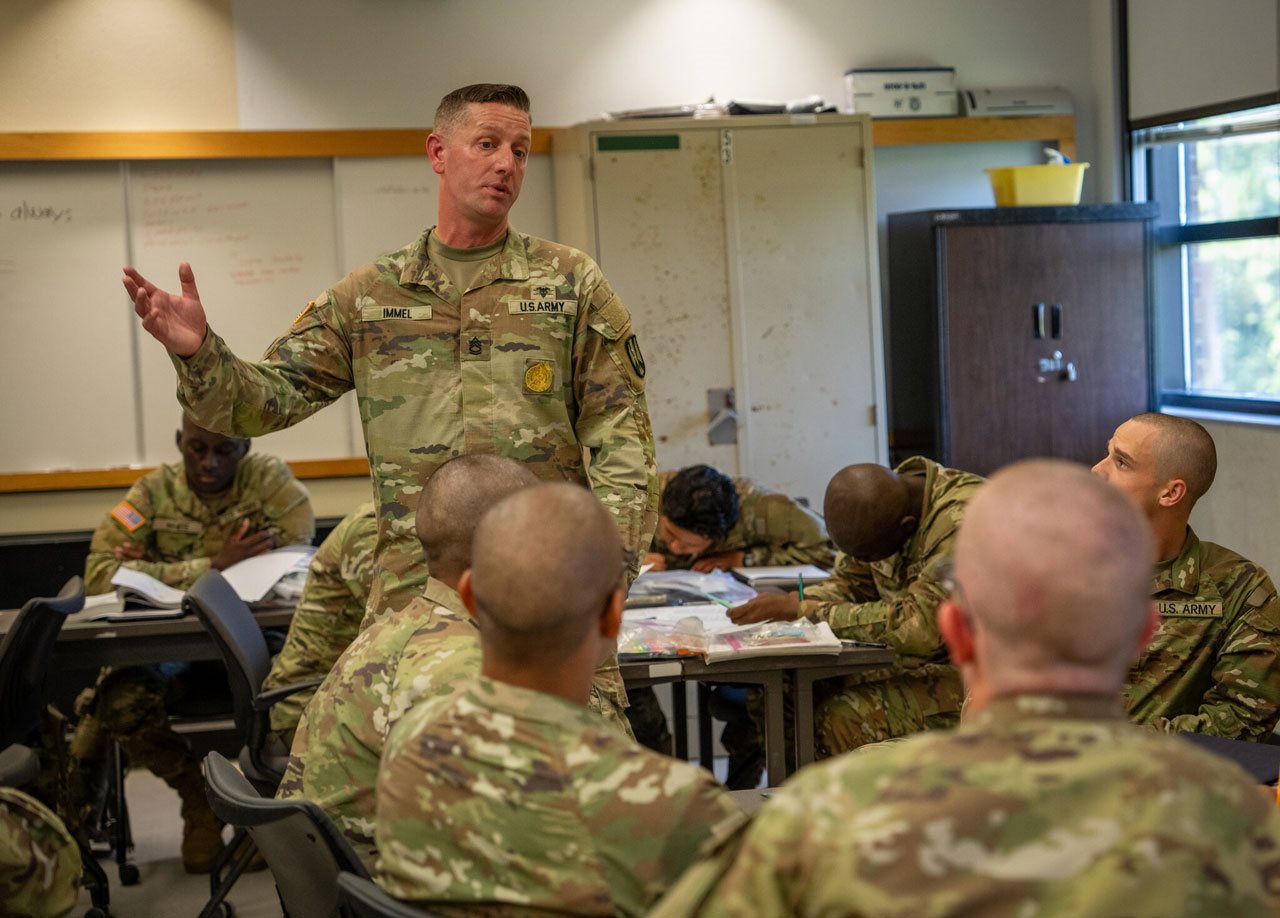(BPT) - As summer comes to a close, the back-to-school rush begins. While exciting for some, returning to class is often paired with feelings of uncertainty and anxiety — but what if it could be different? Your best new back-to-school tips may come from an unlikely source: the U.S. Army.
In 2021, the Army introduced the Future Soldier Preparatory Course (FSPC) — a program designed to help young adults meet the academic and physical fitness requirements needed to serve in the Army. With a course graduation rate of 95%, the FSPC has equipped thousands of trainees with the skills needed to achieve their goals and rise the ranks as a Soldier.
So whether you’re trying to make the team, make the grade or make new friends (or if you have your eyes set on service) read on for tips from the leaders of the FSPC on how you can make this year your best yet.
Fuel Your Body to Better Your Mind.
It’s no secret that health and nutrition are tied directly to performance in school; students who are eating the right foods, getting good sleep and staying active have more mental and physical energy to take on the school day. The FSPC’s fitness track is rooted in the Army’s Holistic Health and Fitness (H2F) system, which aims to provide the resources needed to foster the physical, mental, nutritional, sleep and spiritual health of Soldiers. Capt. Steven Fusco, Company Commander of the fitness track, recommends creating a colorful plate at each meal, finding a regular form of exercise you enjoy and getting eight hours of shut-eye a night. You can incorporate the Army’s holistic approach to health and wellness into your routine to keep you sharp for test day and every day.

Beat Burnout Before It Starts.
Another critical piece of your fitness — and academics — is mental health. Class, extracurriculars and everyday stressors can all take their toll and lead to burnout. Carve out intentional time for breaks and fun amid studying and responsibilities to alleviate stress and return to tasks with a good mindset. Students in FSPC rely on their drill sergeants and fellow trainees for support, free time and encouragement. In the same way, look to friends, family and others in your support system to help keep you going.

Set and Go for Goals.
Every successful mission starts with a plan. Former FSPC drill sergeant Sgt. 1st Class Cameron Tucker is now the acting first sergeant of the program, and says that FSPC students set attainable but ambitious academic and fitness goals for themselves at the start of the four-week program. At the start of the school year, reflect on what you want to accomplish by the end and work backward with short-term goals to get there. And make sure they’re specific; rather than say you want to study more, plan to put a set number of hours toward studying per week. Having a goal in mind makes you more likely to stick to it and get to that feeling of accomplishment.

Find Mentorship, Then Pay It Forward.
After successfully completing the FSPC, trainees officially embark on their Army journey — but many still have questions about the wide variety of jobs and opportunities available in the Army. As a former Army medic, and now a leader in the FSPC’s academic track, 1st Sgt. Eric Immel stresses the importance of being a mentor to those in the early stages of their careers, and serving as an example for what is possible as an Army Soldier. No matter where you are in your academic journey, it is never too early to find a mentor to help identify areas for growth and reflect on how far you’ve come. And when the time comes, pay it forward by providing guidance and a listening ear for others.
These tips have a track record of success: In just the first year and a half of the program, the Future Soldier Preparatory Course helped 15,000 hopeful Soldiers achieve the rigorous standards for enlisting in the Army, with marked improvements in academic and fitness benchmarks.

Back to school doesn’t have to mean back to the same old. Making these small changes can help you go through the school day like a Soldier and end the year ready for the next.